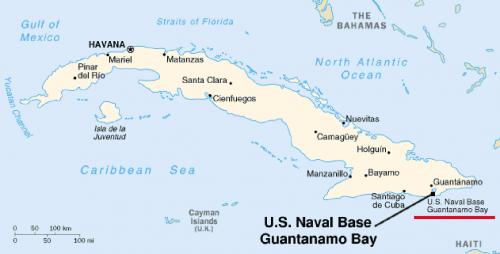04 November 2025 :
November 3, 2025 - Texas. Texas Has Spent More Than $775,000 on Lethal Injection Drugs Since October 2024
But Many Other Details Remain Secret
Documents reviewed by NBC News in response to a public records request reveal that since October 2024 Texas has spent more than $775,000 to acquire pentobarbital, the drug used in the state’s lethal injection execution protocol. During the same time frame, the state has carried out 6 executions. The records show that in September 2024, the state obtained 20 one-gram vials of pentobarbital and an additional eight 2.5‑gram vials in February 2025. Per the state’s protocol, these amounts are enough to carry out up to eight executions. The state’s secrecy statute prevents the public from learning information related to the drug manufacturer, so redactions to the records made by state officials meant the records showed no breakdown of costs or information about the source of the pentobarbital.
Since 2010, every state that has conducted an execution has enacted secrecy laws or policies that prohibit the public release of information regarding aspects of the execution process. Secrecy laws hide many critical details, including the source of execution drugs and the identities, qualifications, and training of execution team members. Lawmakers argue that these laws protect the safety of those involved in executions; however, researchers have never found any evidence of credible threats to anyone associated with an execution.
Secrecy practices began after increased scrutiny of execution practices in the late 2000s, when many pharmaceutical companies refused to sell their products to departments of corrections for use in executions in response to reports of botched executions and public outcry. Investigative reports documented states’ dubious efforts to obtain execution drugs, including procuring drugs from overseas, and relying on compounding pharmacies with troubling safety and compliance records. Compounding pharmacies do not face the same regulations and approval processes for their products that large manufacturers do, which has prompted concerns with the use and efficacy of their products. The experimentation with different drugs and combinations led to an increase in botched executions – and more questions. But instead of responding to increased concerns, many state officials chose to prohibit the public release of information and shroud their decision-making in secrecy.
Many pharmaceutical companies continue to oppose the use of their products in executions, sometimes leading to lawsuits. “Executing states are going to great lengths to hide these purchases from taxpayers and defense attorneys and the pharmaceutical companies whose controls they’re violating — and they keep getting caught,” said Matt Wells, the deputy director of Reprieve US. Two companies — Hikma and Sagent — manufacture pentobarbital in the US. In a letter to Idaho officials in 2024, Sagent officials warned that when “products are diverted from legitimate channels, in violation of our distribution controls, they risk being counterfeit, stolen, contaminated, or otherwise harmful.” A Hikma spokesperson told NBC News that the company sends similar letters to states every year, as it has for eight years, “to firmly remind them of our strong objections to the use of our medicines in capital punishment.”
According to the records obtained by NBC News, Texas’ supply of pentobarbital includes doses with beyond-use dates, indicating they are products of a compounding pharmacy, while others had expiration dates, indicating they were manufactured. The 20 one-gram vials acquired in September 2024 had April 2025 expiration dates, and records indicate they were used for the executions of Garcia White in 2024, and Steven Nelson, Richard Tabler, and Moises Mendoza in early 2025. The records indicate that the drugs purchased in February 2025 expired at the end of October 2025. Some of these vials were used in the execution of Matthew Johnson, but it is unclear if any were used in the execution of Blaine Milam in September 2025.
Texas was scheduled to execute Robert Roberson on October 16, 2025, but a week ahead of this date, the Texas Court of Criminal Appeals stayed his execution. It is unclear whether or not the almost-expired supply of pentobarbital was intended for Mr. Roberson’s execution. “With the stay of Mr. Roberson’s execution, the manufactured drugs we believe to be currently in their possession, which expire at the end of October, have to be trashed,” said Maurie Levin, a Texas capital defense attorney. Ms. Levin added, “[i]t’s a constant game of use it or lose it or extend the ‘beyond use date’ for the umpteenth time, including the hundreds of thousands of dollars spent to get it…The expiration date of illegally purchased drugs should hardly be the engine driving Texas executions.”
Other states have also spent large amounts of taxpayer dollars to acquire pentobarbital for use in lethal injection executions. In Indiana, Governor Mike Braun disclosedthat the state has spent $1.175 million on drug supplies over the last two years. Two of the doses purchased, which cost $600,000, expired without being used. The Idaho Department of Corrections (IDOC) spent $200,000 on lethal injection drugs since 2023, all of which expired without being used.
Texas’ next execution is scheduled for January 28, 2026.











